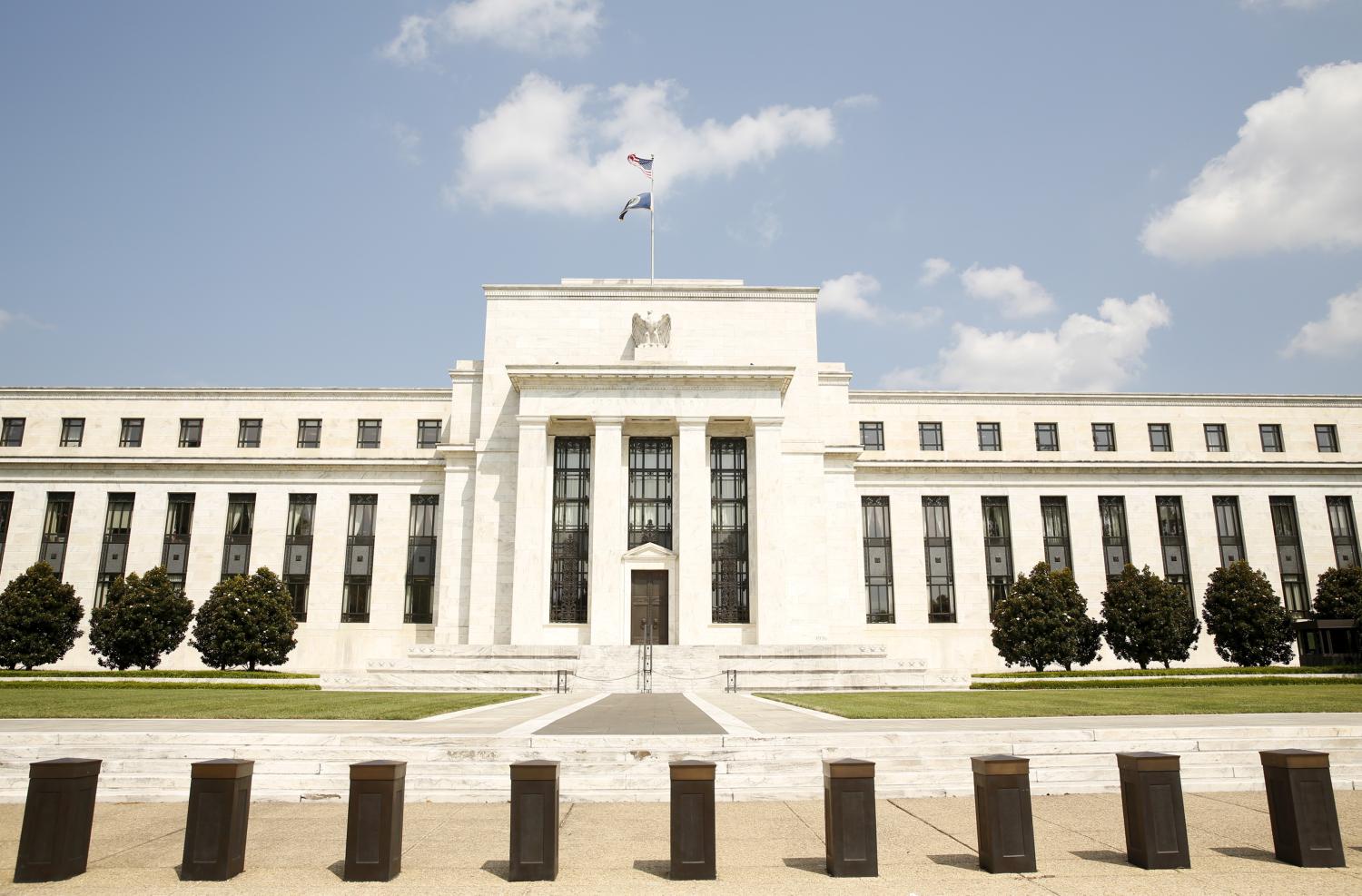In “Regulatory Reform, Stability and Central Banking,” author Tucker, now a Senior Fellow at Harvard University’s Kennedy School and Business School, writes that financial regulation and supervision is being strengthened, but there’s more to do. Confidence in the financial system will remain fragile until the credibility of regulation and supervision is restored, he says.
Tucker identifies measures needed to bring to fruition each of the four core planks of the international banking reform effort:
- Strengthening bank balance sheets and prudential supervision;
- Ensuring that distress at any financial institution can be addressed without taxpayer bailouts
- Taking steps to thwart the tendency of financial firms to exploit differences among regulators and cracks in their rule-books; and
- Simplifying counterparty credit exposures of banks and securities dealers by mandating use of central clearing houses.
But while progress on those fronts is good and can help allay concerns about central bank support operations, he asks some big questions “about whether rewriting the social contract for banking is sufficient.” He is less convinced that reform of markets regulation is being cast to reduce risks to financial stability given endemic regulatory arbitrage. “There is less coherence, faltering vigor, and conflicting views about how different national regimes should apply to inherently international markets,” he writes, calling on legislatures to broaden the mandates of securities regulators to focus on stability or to endow the institution charged with overall oversight of the financial system with wide and flexible powers to forestall material threats to financial stability no matter where they originate.
The Brookings Institution is committed to quality, independence, and impact.
We are supported by a diverse array of funders. In line with our values and policies, each Brookings publication represents the sole views of its author(s).



